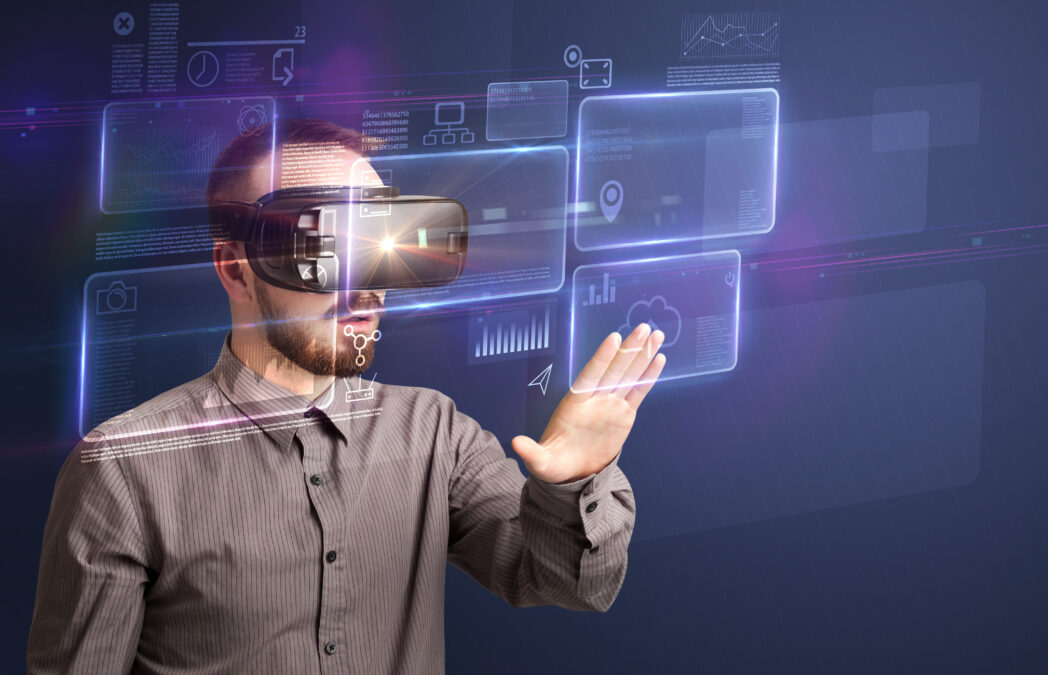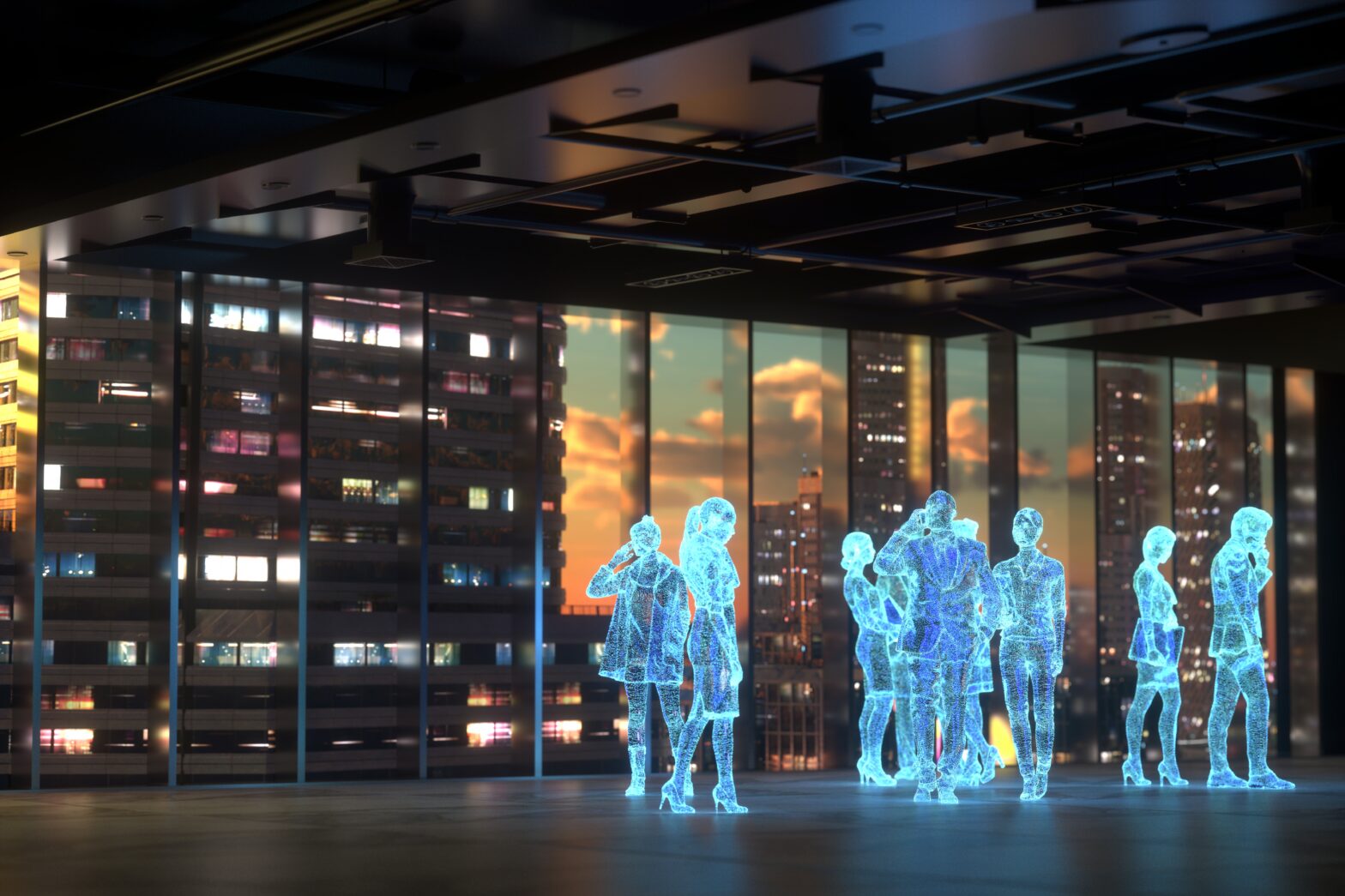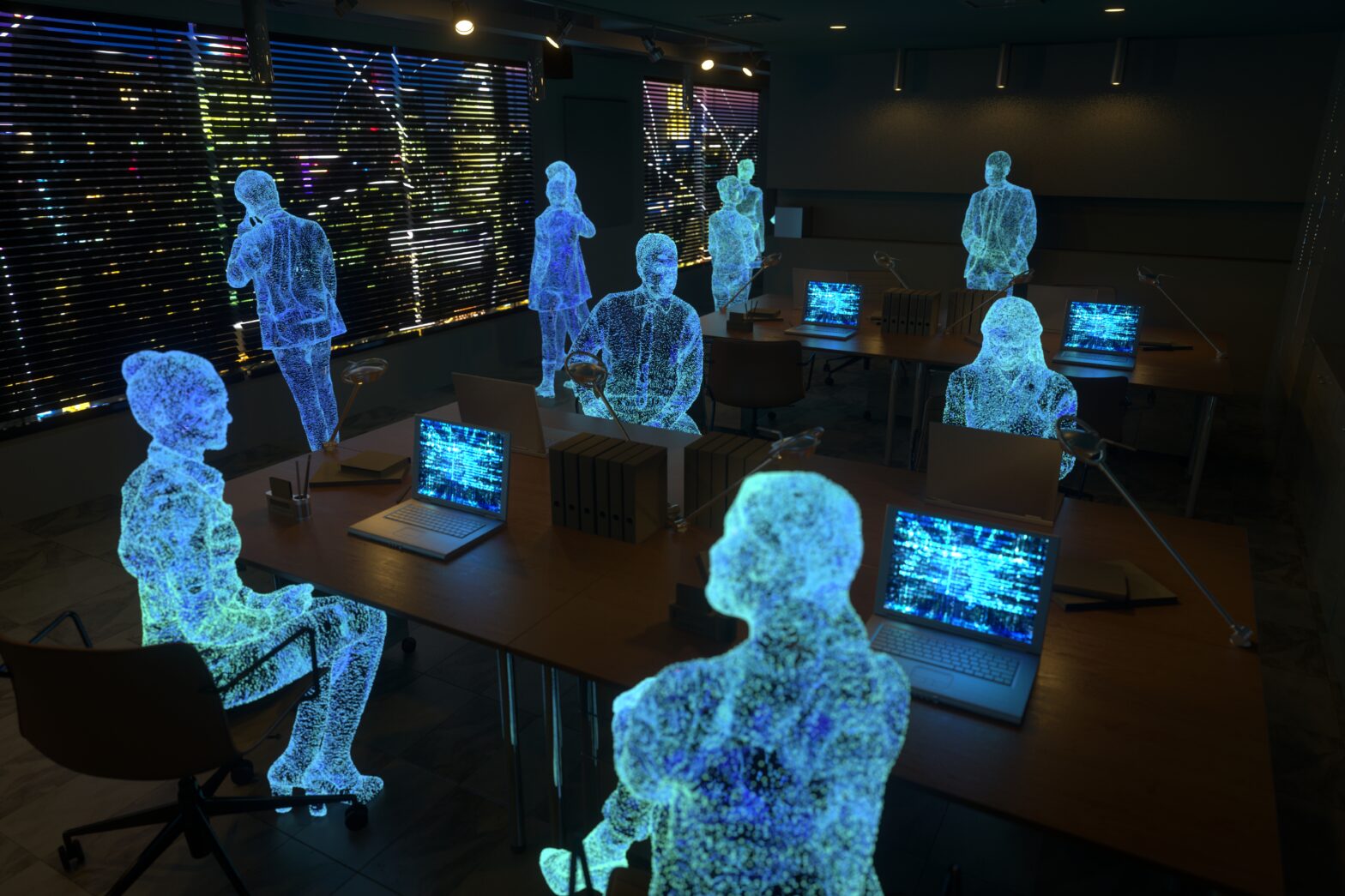Tom Symonds, CEO of Immerse, discusses what the consumer virtual reality (VR) boom will mean for enterprise operations
Christmas Day saw Meta (Facebook’s parent company) top the Apple App Store and Google Play Store leaderboards. Prior to Christmas, the app for the Oculus VR headset was a top 10 iOS app in the United States alone, but by Boxing Day, it was top five in 14 different countries – racking up 1.3 million downloads between 21st and 27th December.
It’s been a busy year for Meta. A huge public rebrand saw Zuckerberg’s empire introduce a new name that better encompasses his most visionary project to date: the metaverse. Zuckerberg envisions a world where our real lives are more seamlessly integrated with our virtual ones – with a network of 3D virtual worlds at our fingertips where people can socialise, work, and play. This has prompted discussion and, as the technology becomes more and more sophisticated, people have begun to take virtual reality more seriously.
Experts within the VR community have confirmed the VR popularity boost. UploadVR, a website dedicated mainly to VR gaming, tweeted that “Christmas Day was by far the highest traffic day we’ve ever seen”, while other experts claimed that Christmas marked the beginning of the VR revolution.
But what does this mean for VR in the enterprise? Virtual reality is already being used by some of the world’s largest companies to train their staff. By taking the elements that make it such a popular gaming tool, businesses have found the technology to be more engaging than traditional methods of training. This subsequently increases employee satisfaction as well as information retention, which is hugely valuable in an era where employees care more about their L&D than ever before.
This is not the first time businesses have followed in the steps of popular consumer tools following booming downloads. Social media platforms such as Facebook, Twitter, TikTok, Instagram, and Snapchat all found their feet as consumer tools before being adopted by business in order to connect both internally and externally with customers and employees alike.
And we can expect to see VR move in the same direction, even more so with continued restricted working practices pushing the enterprise towards virtual working solutions that go beyond video conferences.
How AI and AR are evolving in the workplace
The technology is able to address a lot of modern day problems, from bringing down a business’s carbon footprint by reducing the need to travel, to increasing employee retention by providing a more satisfactory L&D programme.
Perhaps the consumer-appetite for VR technology will instill a much needed sense of urgency among HR teams. In our recent report, ‘The Upskill Ultimatum’, which examined the opinions and predictions of knowledge workers and HR professionals on the evolution of training, we found that HR teams are planning to delay the adoption of immersive technologies in the enterprise by several years. 2027 is the average year that HR professionals believe their organisation will pull the plug on traditional training methods in favour of immersive technologies and 2028 is the year they believe their company will be fully rolling out this technology.
At the same time, two thirds of HR professionals and 61% of employees think that companies that fail to employ cutting-edge training technologies will struggle to attract and retain top talent. These are alarming figures when considering the spotlight that has been on skills shortages and mass resignations over the last year. The time is most definitely now for HR professionals to be considering the use of VR technology within their businesses to upskill their staff effectively and increase employee retention.
More than anything, the Christmas sales boom illustrates the opportunity for enterprise VR community needs; consumers are showing a hunger for immersive experiences in their personal lives and, as a result, they will no doubt welcome them in their professional lives too.
Additionally, creating further waves of excitement throughout the VR community is the announcement that Apple will be the latest of the world’s largest tech companies to be releasing a mixed-reality headset to the market. If the rumours are true, we can expect the headset to emulate a pair of glasses rather than a chunky VR headset. This will further speed up the adoption of VR within the mainstream, with it being a more recognisable and less intimidating form of technology.
As a result, we can expect to see even more enterprise adoption in the coming year, with those organisations that move the fastest reaping the benefits of a happier, higher skilled workforce, ahead of their competitors.











